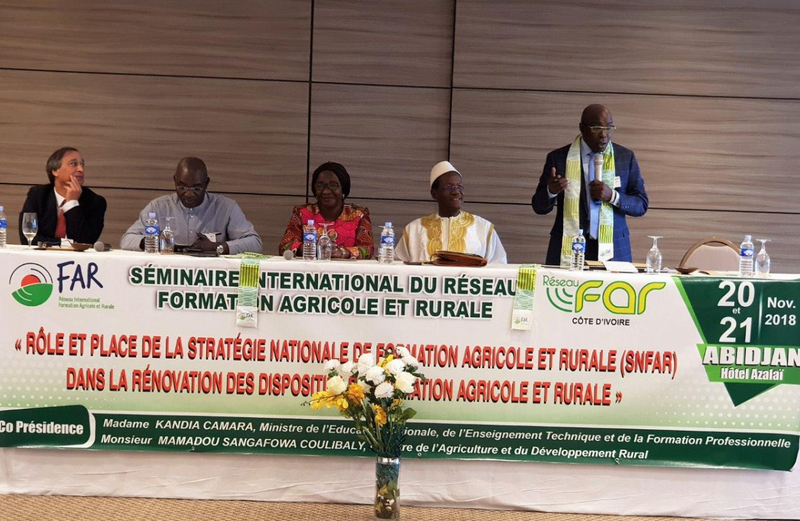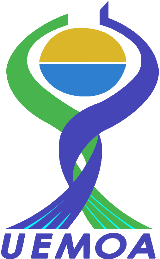Resource sharing platform for TVET: Reducing cost and time while increasing quality


Institution: For the Republic of Togo: Mister SOOU, Essoyomowè
The West African initiative to pool vocational training resources is a response from the governments of the Union Economique et Monètaire Ouest Africaine (UEMOA) to respond to the challenges facing the entire region. These challenges include youth unemployment and the need to design and implement training systems and pathways adapted to the skills needs of the world of work and promoting professional integration. This initiative began with the signing of a “mutualization”/sharing agreement between the member countries to share resources that includes curricula, good practices, reference frameworks, training standards and certification standards, reforms, guidelines, and methodologies.
- Pooling is an approach that allows each member State to deposit on the platform the resources and tools that can be shared. “Sharable” resources are those that have a competency-based development approach, are less than ten years old, and an institution is currently using that. There is a tool that allows you to select the sharable resources. The resources deposited by the managers of each Member State are examined and validated by a regional coordination team before being stored on the platform. The same structure manages the stock of resources in pdf format and makes them available to requesting countries.
- A member country that requests and receives resources must adapt and reposition it on the platform.
- Membership is open to other countries and institutions. Membership formalities are ongoing in the Memorandum of Understanding. Members are only allowed to benefit from the platform if they share resources.
- If a country, organization or institution wishes to join the UEMOA mutualization platform, it must complete the formalities for membership with the regional coordination unit, which examines the application files and presents them to the Conference of Ministers in charge of employment and vocational training of UEMOA, which validates the membership.
- Workshops have taken place within different countries to introduce the platform to institutions. Togo has had three workshops, Côte d'Ivoire and Guinea Bissau have also arranged similar events.
- First resources have been posted, requested and downloaded on the platform.
- It is assumed, that 70% of costs associated with curricula development are being saved.
- Since resources are being shared, time for the modernization of curricula in each country is reduced considerably, and more young people can take profit from improved curricula.
- The overall quality of the training material is expected to grow. A regional standard is being developed through the exchange of the resources and increased exchange amongst actors.
- Each country discovers what other countries are doing in the field of TVET/Capacity development and facilitates the capitalization of achievements through formal and informal, online and personal exchange and dissemination.
- This initiative saves time and financial resources, as resources are used and reused there are cumulative gains.
- It is essential to carry out a study on the existing resources within each country or organization to create a scope and understanding of what is available.
- Stakeholder buy-in is critical to enable sharing. At an organizational level, you have to spend time communicating the interest or benefits of the initiative to various institutions and across different countries.
- Mutualisation has generated the desire of internal actors to create mutualization between training structures at the national level. There is an active mobilization of stakeholders around mutualization beyond sharing resources. It will enable the regional alignment and harmonization advocated in subregional treaties.
- If another region (institutions or countries) want to follow the example of mutualization, it is essential to mark the way by signing a memorandum of understanding (agreement) that will specify the legal framework for collaboration between the various partners (members of the initiative). It is necessary to avoid directly pooling resources without defining the criteria that make it possible to filter and choose resources that meet the standards.
Moving Forward…
- Support national leaders with the minimum they need to pool resources. Financing meetings that permit to share resources and present the initiative are beneficial.
- Many vocational training resources are still in an objective-based format; these have to be translated into a competency-based approach to turn them into a “shareable” resource.
Resources
https://www.mutualisation.ccmefp-uemoa.org
